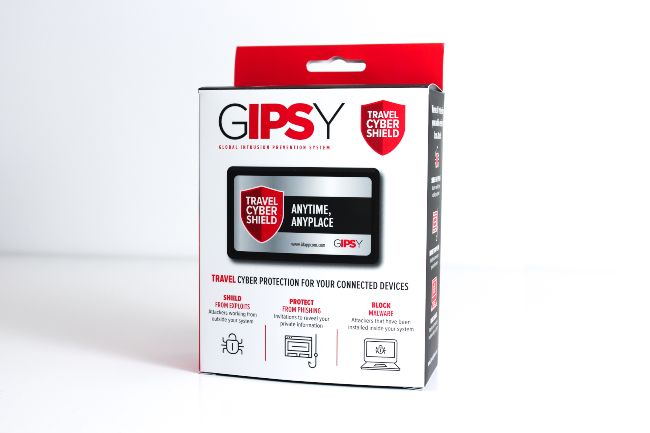Timing is everything and for Irish tech company PixAlert, its new Gipsy wireless router technology has arrived just in time for workers and families home-bound during the Covid-19 outbreak.
PixAlert is a 20-year-old Irish cyber security company that started in UCD. It specialises in finding porn and private data in corporate networks with clients that include governments, BIG 4, Banks, etc.
It has joined forces with UK company IDappcom Ltd which specialises in intrusion protection systems and work with leading security companies such as McAfee, Trend Micro and Juniper.
“People assume that anti-virus is enough protection, but it can be useless for things like phishing attacks”
With millions of people being forced to work from home the internet should be a useful tool, a way to maintain our working lives and an entertainment refuge for families.
But, as our houses fill with internet connected devices keeping the internet safe is becoming harder and harder.
The new Gipsy device by PixAlert is designed to make it easier to keep your home and small business safe.
Block the phishers
Gipsy is an IPS (intrusion protection system) with custom code that includes tens of thousands of security rules and a constantly growing database of more than 20m phishing sites. It automatically restricts access to sites that have been known to sell illegal pharmaceuticals or other illegal content.
The device, which can connect with every device in the house, lets families block porn, gambling and inappropriate sites.
The Gipsy team are constantly monitoring threats, updating defenses and managing risk.
Traditionally this type of technology was deployed in corporate offices, but families can buy the box then take an ongoing subscription of less that €9 a month.
“Staying safe online can be confusing,” explained Ian Lucey, director with PixAlert. “You can’t possibly be expected to know how to secure the growing list of devices in your home. People assume that anti-virus is enough protection, but it can be useless for things like phishing attacks”.
A recent survey by Aviva showed the average family home has 15.4 internet connected devices and this number is rising by over 10pc per year. These can include Laptops, Tablets. Mobiles, Smart TVs, game consoles, Kindles, security cameras, heating systems and home assistants like Alexa and Google.
Most homes have little or no security in place and families often only think about security on their computers rather than all their devices and those of visitors to their home.
“Parents need help protecting their children online. Rather trying to install and manage software on every device we try and stop content at the point of the internet connection to the house. Nothing can guarantee 100pc but our range of expertise can minimize risk,” Lucey said.
Written by John Kennedy (john.kennedy3@boi.com)
Published: 20 March, 2020







